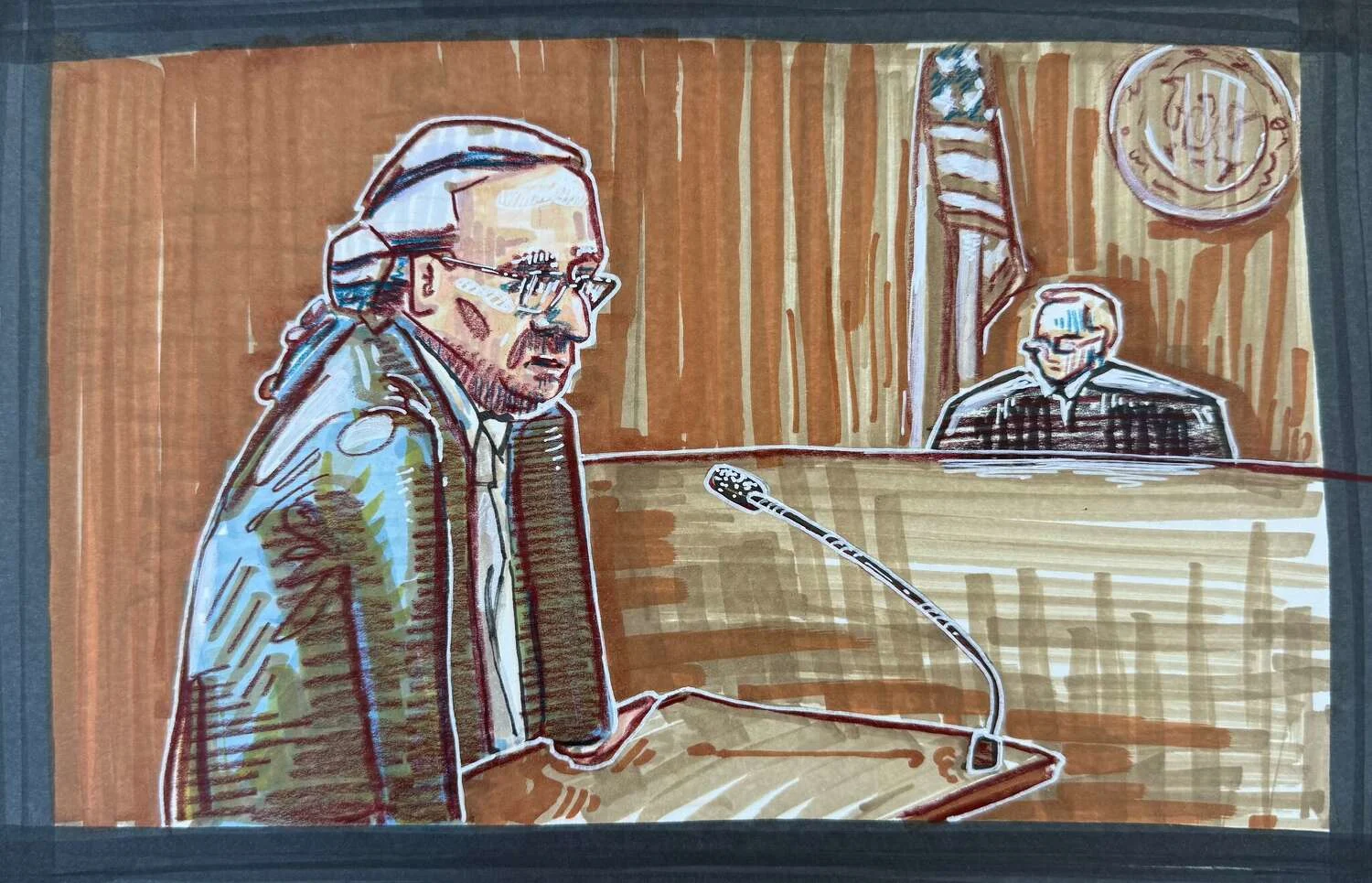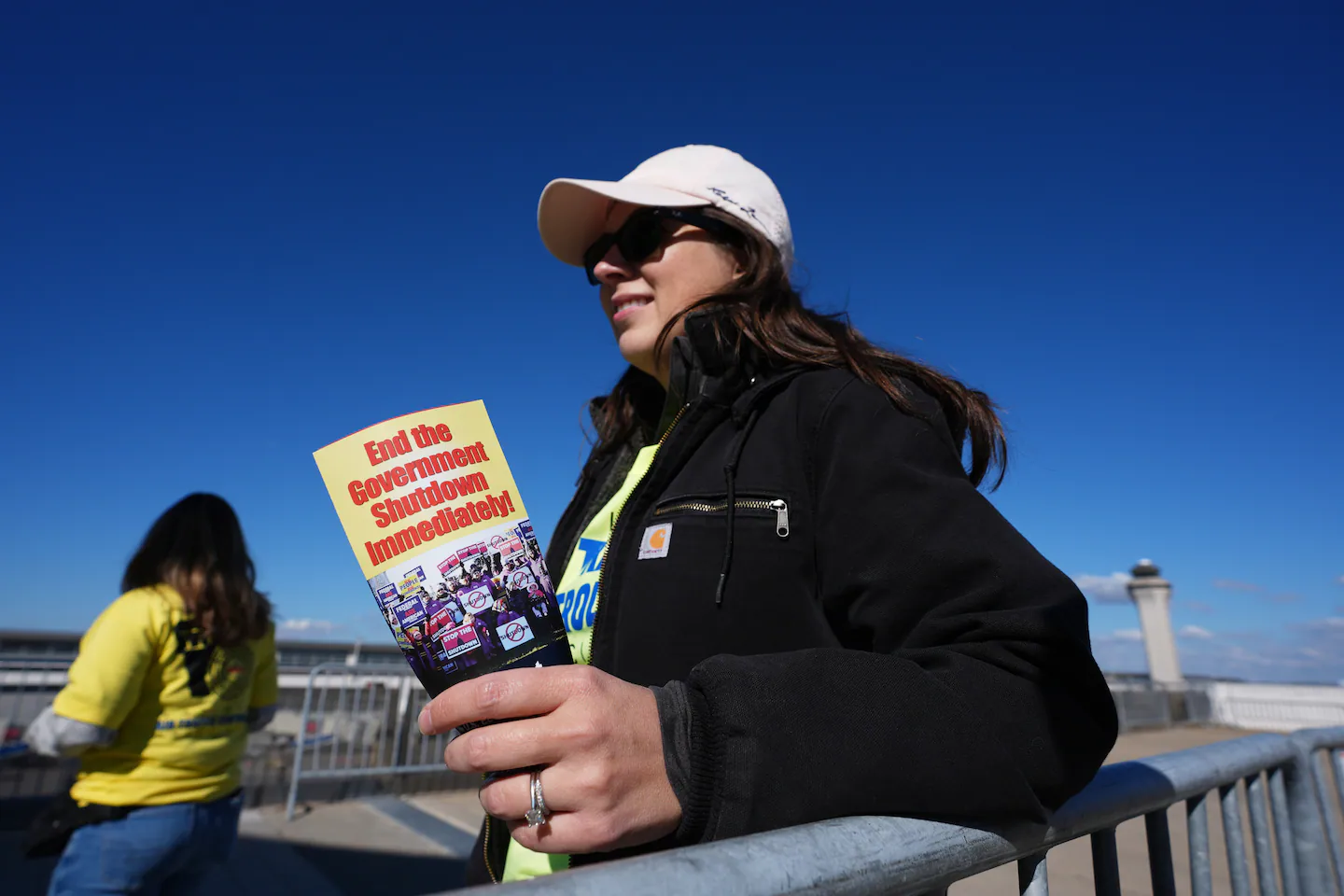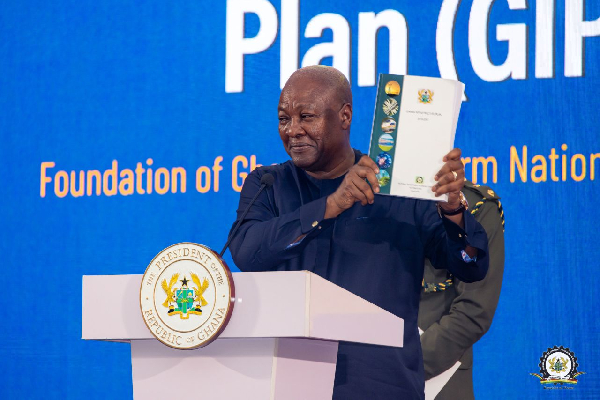Copyright yahoo

Over 12 days in October, Kosta Diamantis, 69, who ran the nearly half-billion-dollar-a-year Connecticut school building program, failed to escape 21 felony charges in federal court, including bribery, extortion, conspiracy and lying to investigators. Diamantis was found guilty by a jury this past week on all 21 counts. A sentencing has been scheduled for Jan. 14. Here is a recap of what happened, by day. Friday, October 3 At 8:47 a.m., 82 potential jurors are led into Judge Stefan Underhill's fourth-floor courtroom. On the wall to the left of Underhill's high desk is a full-length portrait of the U.S. District Court Senior Judge Warren W. Eginton, who died in 2019. At the defense table is Diamantis, attorney Norman Pattis and a paralegal from Pattis's office. At the prosecutors' table are Assistant U.S. Attorneys Jonathan Francis and David Novick, along with FBI Special Agent Jennifer Wagner and IRS Special Agent Eric Wethje. The pool of people summoned from throughout Fairfield County fill the wooden pews. One-by-one, over two hours, they recite the answers to a dozen basic questions on their hometowns, education, professions and connections to the legal system. At 11:20, Underhill gives the group an overview of the charges. "Anybody here presume Mr. Diamantis is anything but innocent?" Underhill asks. Nobody raises their hand. "Good," the judge says. "It's up to the government to prove he's guilty beyond a reasonable doubt." By 12:30, as the pool lunched outside the courthouse, Underhill suggests a list of 45 people to reject. In an effort to cull the group to an initial 36. By early afternoon, the list is cut further, to 16. Monday, October 6 The trial starts and Francis details the charges against Diamantis. He then calls John Duffy, 64, to the witness stand. Duffy's sister had been married to Diamantis and that's why the accused is referred to in a flurry text messages as "uncle." Duffy, an Irish-born mason and former vice president of Acranom Masonry of Middlefield, like the owner of that firm and another co-conspirator, Antonietta Roy, an independent project administrator, has already pleaded guilty in connection with the case. Diamantis is accused of corruption that occurred between 2018 and 2021 when he was the state's top school constructive executive. Before the end of the trial, one charge will be dropped. Duffy admits meeting Diamantis in a variety of places for cash payoffs, including the upscale Capital Grille in Hartford and a Middletown bank where he had just cashed a $10,000 check. "I met him at the bank and gave him half the check and I kept half," Duffy said during a multi-hour question-and-answer session. Text messages among Diamantis, Duffy and Acranom's owner, Sal Monarca, use euphemisms such as "birthday cards," "pars and birdies," and "pints," for the payoffs. Duffy admits that a successful bid by Acranom, worth millions of dollars, was budgeted by the company to include a $70,000 payoff for Diamantis. Text messages Diamantis exchanged with Duffy and Sal Monarca indicate that the public official wrote he was "desperate" for money, missing mortgage payments and claiming only a few hundred dollars in the bank at a time when one of his daughters, a niece of Duffy's, was going to get married in Crete. "Bribes in exchange for influence," Francis said of Diamantis, who headed school construction from 2018 until Gov. Ned Lamont found out the feds were investigating in October, 2021. Tuesday, October 7 Antonietta Roy, the owner of Construction Advocacy Professionals (CAP), another co-conspirator who previously pleaded guilty, says that while Diamantis encouraged her to start her own business, he also created an atmosphere of fear. She felt compelled to hire his daughter, Anastasia, as a part-time assistant for $45 an hour. She details giving Kosta Diamantis checks totaling $3,500 and later $1,000 cash that she handed him in his car in what she described was like a "drug deal" on a Hartford street corner. Wednesday, October 8 Underhill announces that the jury pool, reduced to 15 earlier in the week when a woman from Greenwich could not find child care, lost another juror through illness. Pattis asks Antonietta Roy if Diamantis had helped foster her career as a woman in a male-dominated industry, who could take advantage of public efforts, particularly in Hartford, to hire female and minority-owned businesses. "I admired him in his position," she says. "It was my understanding that he got the job done. He was very powerful. I did not want to get on his bad side. I wanted to keep him happy." Thursday, October 9 Tolland school superintendent Walter Willett says he felt pressured by Diamantis to hire Acranom and CAP for the emergency 2019 rebuilding of Birch Grove Primary School, after concrete tainted by the mineral pyrrhotite was found to be crumbling. The emergency nature of the project meant that contractors could be hired without a bidding process. During an hour of testimony, Willett said he was puzzled by the $530,000 CAP would be paid for the oversight work. "At the end of the process, I don't think it made sense. Mr. Diamantis said it was too much for us to deal with," Willett recalled. "I just kept thinking this would fall on the kids. It was dangerous, in my mind. We needed to get this taken care of." Another witness, John Butkus, a veteran project manager for the Hartford schools, says that CAP was hired for work at Bulkeley High School even though it was not the low-bidder. Butkus adds that he did not think another project manager was even needed for the Bulkeley work, but notes Diamantis wanted one on a "pilot," or trial basis. "Our team had already been assigned the responsibilities," Butkus recalled. "What did we need another one for?" Tuesday, October 14 After a four-day layoff for the Columbus Day weekend, Sal Monarca, president of Acranom - his last name spelled backwards - estimates that he paid Diamantis between $85,000 and $95,000. The prosecution's final witnesses includes two veteran special agents: Jennifer Wagner of the FBI and Eric Wethje of the IRS, who sit next to the prosecutors every day of the trial. Wethje says that Diamantis appeared during interviews without a lawyer, including a two-and-a-half hour question session. "The door was unlocked," Wethje said. "And he was able to leave anytime he wanted." In his cross-examination, Pattis focuses on the lack of a recording. Pattis inquires if the investigators asked Diamantis about his staff's role in reviewing projects for funding. "I don't know," Wethje responded. "And we'll never know because there was no recording," Pattis said. Earlier in the day, Hartford City Engineer Frank Dellaripa admits that he wore a government recording device for at least one meeting with Diamantis. "I had a device," he says. Wednesday, October 15 During a meeting with lawyers Wednesday outside the presence of the jury, Underhill deletes one of the charges of making false statements in connection with a school building project in Tolland. The judge said he did not think there was enough evidence introduced from Walter Willett, that town's school superintendent. Thursday, October 16 Pattis offers the jury a brief, 15-minute overview of the defense case to the jury, then calls Anastasia Diamantis, Kosta's daughter, who was fired by Antonietta Roy after Lamont terminated Kosta Diamantis in October 2021. Pattis asks if Roy ever expressed dissatisfaction with her performance. "No," Anastasia Diamantis replies. Roy had testified that she thought that Anastasia's work was not good. Then, in the trial's most dramatic turn, Kosta Diamantis rolls the dice and takes the witness stand in his own defense. He sits, half-turned toward the jury box and looks at them. Pattis attempts to portray him as an honest outsider who threatened the school building status quo, a disrupter who wanted to expedite building programs. Diamantis denies the extortion and bribery charges and says the multiple cases of lying were not lies because he took the "fees" while moonlighting as a consultant and a lawyer. "Did you play any role, did you do anything in your personal capacity, to put pressure on D'Amato to hire Acranom?" Pattis asks. "No," Diamantis said. "Did you have any role in assuring that Acranom would be hired for any job?" Pattis asked. "I created an introduction between John Duffy and D'Amato Construction," Diamantis said of a Bristol firm whose principles he's known since boyhood. Friday, October 17 Diamantis, a criminal lawyer and former 14-year state representative, takes the witness stand for the second day and stresses that he worked within state ethics rules and laws, did not take bribes, did not extort executives at the two companies, did not steer contracts to them and did not force CAP to hire his daughter. He admits, however, that in August 2022, while pressing Acranom Masonry Inc. for $28,000 in payments, he threatened to remove Acranom from a Tolland school project, adding that since he did not have the power to do so as the head of state school construction grants, it was essentially a bluff. Diamantis also admits failing to report thousands of dollars in additional income to the IRS, adding that he "neglected" to report the income and that he intended to eventually file amended tax documents. Francis, the prosecutor, displays several years of state ethics filings in which Diamantis did not list payments from Acranom Masonry of Middlefield. "And the way you did that was taking envelopes of cash from Acranom?" Francis asks. "Outside of school construction," Diamantis replies. Monday, October 20 The day starts with Underhill reading a 51-page charge to the jurors. Pattis then portrays Diamantis as an outside threat to the connected fraternity of nearly all-male construction contractors, and that Duffy, one of the co-conspirators who has already pleaded guilty in the case, kept his boss, Monarca, in the dark about his own share of payments made to Diamantis. "Not every action by a public official becomes a public act," Pattis says. He does not address the 13 charges of lying to federal investigators, which could have allowed the prosecutors to introduce more evidence. Novick, the prosecutor, reminds the jury that Diamantis took credit for directing a $3 million contract for Acranom. He shows the telling Diamantis text: "I always usually work at 5 percent of the total, FYI" Diamantis, speaking to reporters outside the courthouse at about 4:20 p.m. Monday, says he had been under orders from Gov. Ned Lamont to save money and bring in hundreds of millions of dollars in annual school projects on schedule. The final arguments go late into the afternoon, but jurors get about an hour to review their technology available to review evidence before going home. First, Julia Reis, Underhill's court administrator, uses a lottery-type spinning basket to pull out two numbers from the 14-member panel, who would become alternates, sequestered from the jury but available if anyone suddenly dropped out do to illness. They spend about an hour reviewing the technology to review the case, then go home for the night Tuesday, October 21 The jury gets deep into the review of evidence. By late afternoon, a small question arises that Underhill answers without the need for lawyers, defendant or opening the courtroom to the public. The jury heads home at around 4. Wednesday October 22 At 10:38, a court clerk leads the two alternate jurors from their waiting room to seats near their colleagues. Shortly before 11, the jury files in and steps up to the two tiers of padded chairs. At 11, Nkong A. Tankeng, the jury forewoman, hands the verdicts. Underhill reads one after another: "Count One: Extortion by wrongful use of fear or color of official right," It takes the judge about 10 minutes to read through the 21 counts. He then asked the dozen jurors, one-by-one, if they agreed. "It was a clean sweep," Diamantis tells a few reporters in the elevator down to the waiting news photographers who have been stationed outside the courthouse for a couple weeks. "I was just hoping it would go the other way." He ends up leaving by a side door and speeds off in a white pickup truck. Earlier this year, federal prosecutors charged Diamantis with bribery, extortion and lying to investigators in an unrelated case involving a canceled state audit of a Bristol optometrist accused of health care fraud. That case is set to go to trial next year before Underhill and the same prosecutors, with Pattis again in Diamantis's defense. Forty five minutes later, jurors start drifting out of the building. Most decline to speak with reporters. When she emerges, Tankeng is first reluctant to speak, they turns and faces the few remaining reporters and cameras left. "Even just sitting at the defendant's table, just how he carried himself and his character, just wasn't credible enough for me," she said. "When people were testifying, (his) body language, the smirking. Even on the stand, giving narratives that just weren't necessary to give." This article originally published at 'A clean sweep': 12 days in October lead to conviction of former CT school building director.



